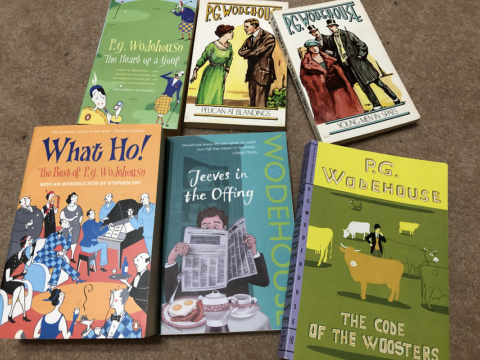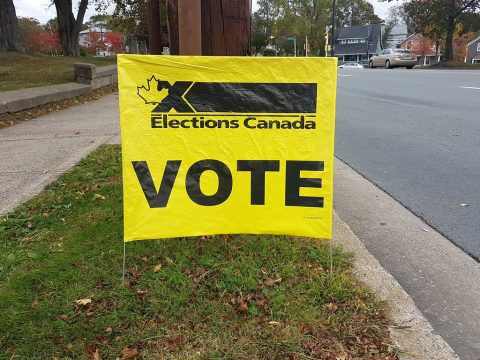Jen Gerson is irked by the federal government’s latest petty diktat to “save the planet” from single-use plastic bags that bans the use of bags that are not made of plastic:
Those who follow my work will know that I am an unreformed Calgary evangelist. I like this city for a lot of reasons, but one of them is that I’m a member of the Calgary CO-OP, a chain of local grocery stores. For those who are lucky enough to enjoy something like this, a co-op offers particular advantages over their conventional counterparts; we get a small share of the profits that the chain earns every year, for example. The stores stock local produce, meats, grain, and processed foods from Calgary-based suppliers, and from nearby farms. CO-OP also provides a number of top-notch house brand supplies. National chains are simply not as nimble, nor as local. They can’t be.
But I admit that one of the things I enjoy most about CO-OP is its green grocery bags. When stores across Canada began to phase out the use of single-use plastic bags, I was despondent. The environmental rationale for the ban was thin, but mostly I was annoyed because I’m chronically disorganized and can never remember to bring reusable bags.
So when CO-OP replaced plastic bags with a fully compostable alternative, I was delighted. Granted, we would have to pay a small fee to purchase these bags, but the per-unit cost was actually less than what we would normally spend on a box of Glad compost-bin liners. So it all evened out.
To make matters even better, unlike paper straws, the compostable bags are superior to their plastic alternatives. CO-OP advertises this point on their site: “They are stronger than a plastic checkout bag. You can carry a medium-size turkey or three bottles of wine with no problem.”
I can also attest to this. The bags are an absolute win for everybody involved.
So when I discovered on Thursday that Ottawa plans to ban these items, considering them a “single-use plastic”, I lost my goddamn mind.
Not only will this represent a small inconvenience for me and my family, but it is also one of the laziest, most idiotic decisions issued from this remote, non-responsive federal government I have yet to encounter.
The bags do not contain plastic.
Let me say that again, because apparently the sound of western voices doesn’t quite travel all the way to the the slower bureaucrats in the back: “THE BAGS DO NOT CONTAIN PLASTIC”. You fucking muppets.
[…]
Look, Ottawa, are you there? Are any of you listening, or am I just screaming into the void? For the sake of the entire country, I hope, I pray that there is somebody with an IQ above 92 capable of not just reading this desperate missive, but of really, truly understanding it.
This shit — this, right here.
This. Shit.
This is why we hate you.
This is why we fucking hate you.
Nobody outside the Toronto-Ottawa-Montreal triangle sees a headline like “New Initiative from Ottawa!” and thinks: “Oh, how exciting. I’m so keen to see what grand notion those crafty MPs in Ottawa have cooked up now! Come, Maude, let us settle ourselves before the The National at Six so we can understand how our fine federal government is working to make our lives better.”
Nobody does that. Because every time I see some fine new supercluster-aspirational buzzword-laden legislative boondoggle coming from our federal government I know that my life is going to get worse in some minor, petty, and yet measurable way.
















